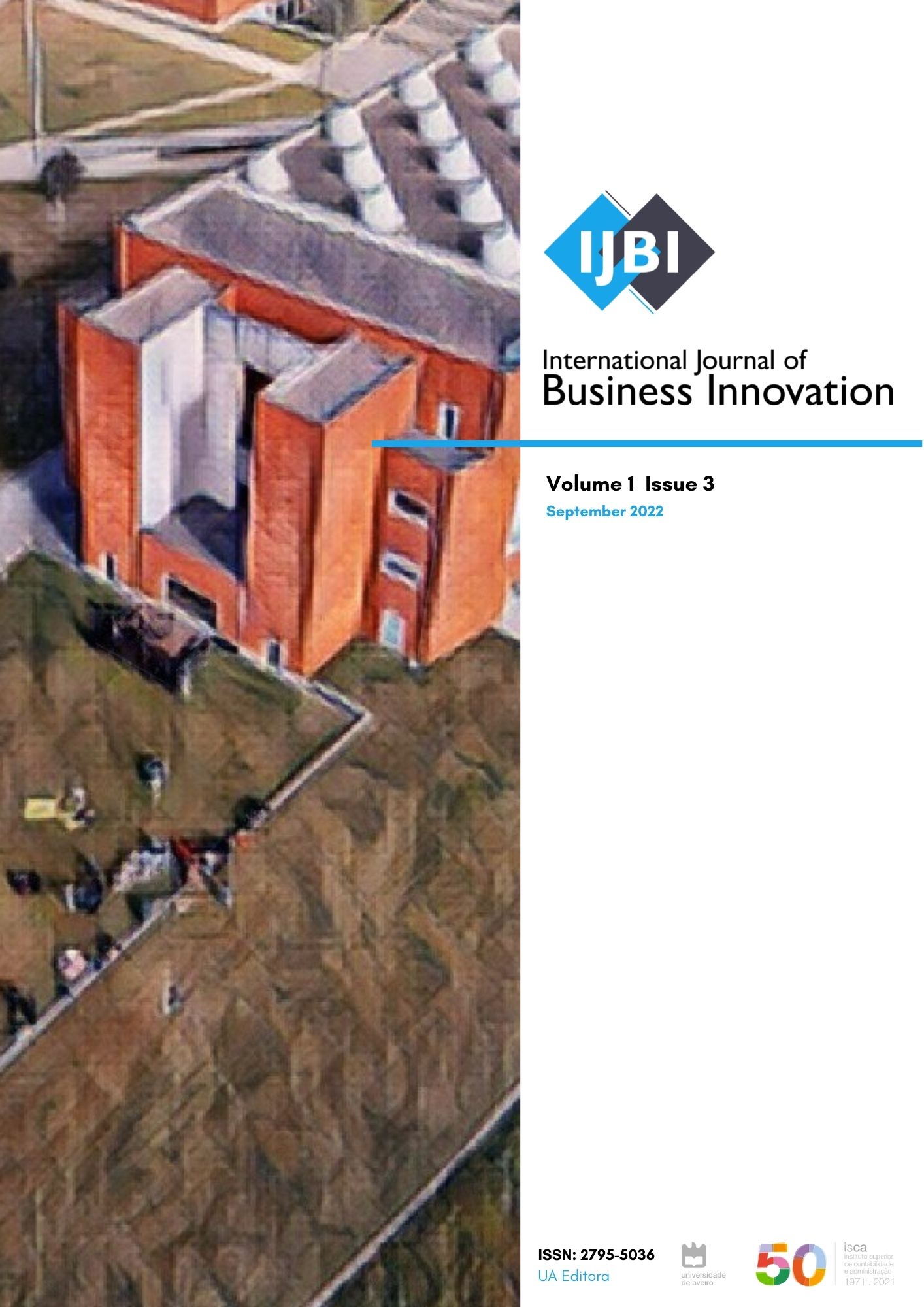The Challenges of Accounting and the Role of Social Pressure in Sustainability Reporting
A Reflection from the Main Trends
Abstract
The most recent reporting proposals tend to consider information that is not eminently financial. A trend that has been encouraged since the awareness that the decision-making process should take into consideration environmental, social, and corporate governance factors and that has been helping companies internalize that their responsibilities to society go beyond their economic and legal obligations. A trend that would eventually lead different organizations to work hard to offer regulations capable of guiding the process of preparing and disclosing the required information, but which, by becoming mandatory only for certain types of companies, would end up including mostly voluntary reporting practices and with an information capacity clearly below expectations. It is in this context that this study is developed, with the main purpose of presenting a reflection on the main reporting trends, although particularly focused on corporate sustainability reporting, to identify challenges and the role that accounting and social pressure may be called upon to play. The results point to a low adherence and to the non-consolidation of the different proposals that have emerged, presenting the option for non-binding reporting practice as the main justification for the main criticisms and for the fact that, so far, a fully instituted reporting model has not been achieved at this level. Also allow us to anticipate that the main difficulty has to do with the little attention and concern that companies have dedicated to these matters, which will only be overcome as the market judge’s corporate performance at this level, benefiting investments with economically favorable expectations once their environmental and social impacts are weighed.
Copyright (c) 2022 Amélia Maria Martins Pires, Fernando Rodrigues

This work is licensed under a Creative Commons Attribution 4.0 International License.
When submitting an article to the IJBI, authors certify the following clauses:
-
Originality and single submission– The contents presented in the article have not been published previously in whole or in part, and were not submitted or are not under active consideration elsewhere prior IJBI decision. The article must be authentic and does not contain plagiarism.
-
Authorship– All authors reviewed the article, agreed with its content, and agreed to its submission to the IJBI.
-
Conflicts of interest– Any conflict of interests must be declared. If authors have no declaration, it should be written (in the acknowledgments section): “The authors declare no conflict of interests”.
-
Ethics committee and informed consent(if applicable) – The research must be approved by an independent ethics committee and subjects gave their informed consent before they were enrolled in the study.
- Authors retain copyright and grant the journal the right of first publication with the work simultaneously licensed under a Creative Commons CC BY 4.0.



